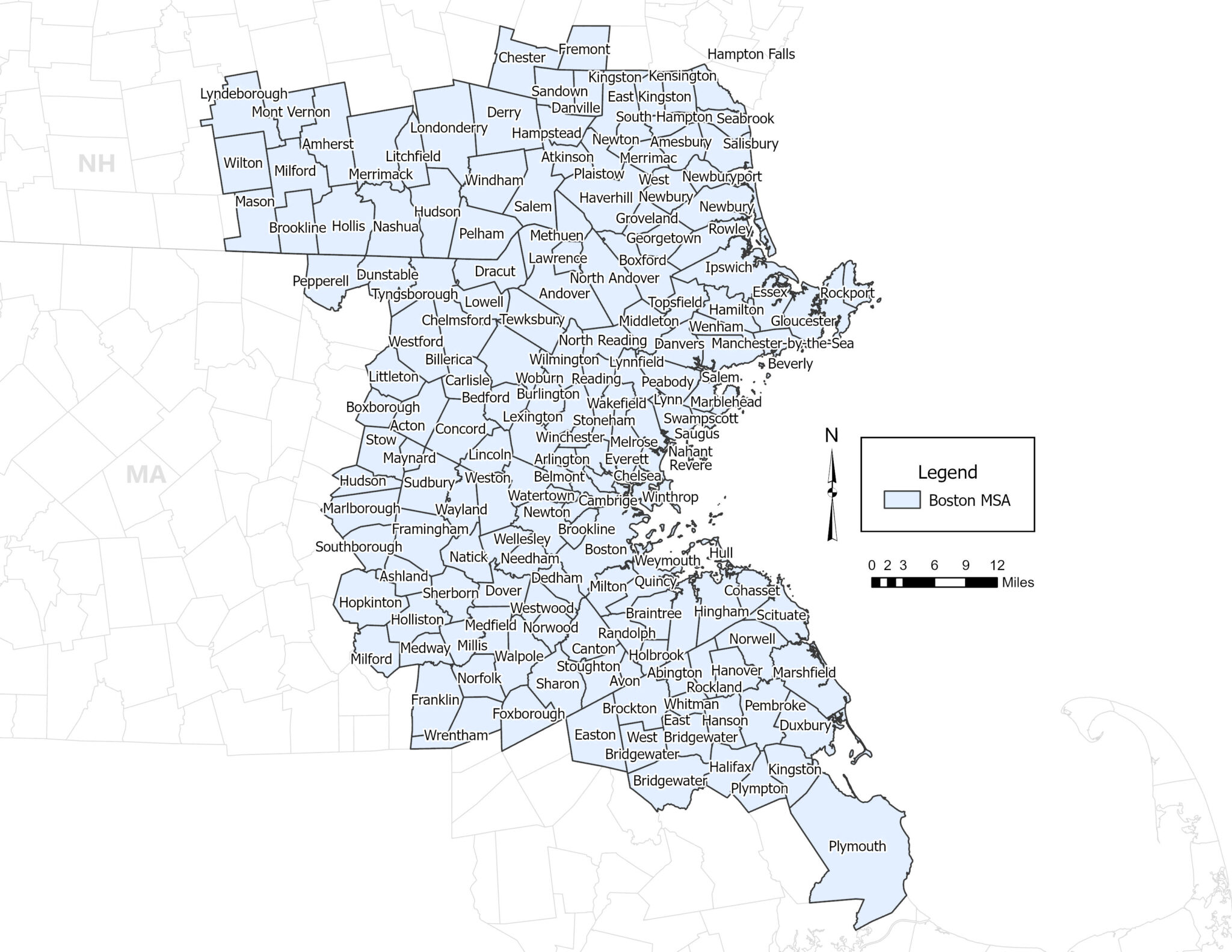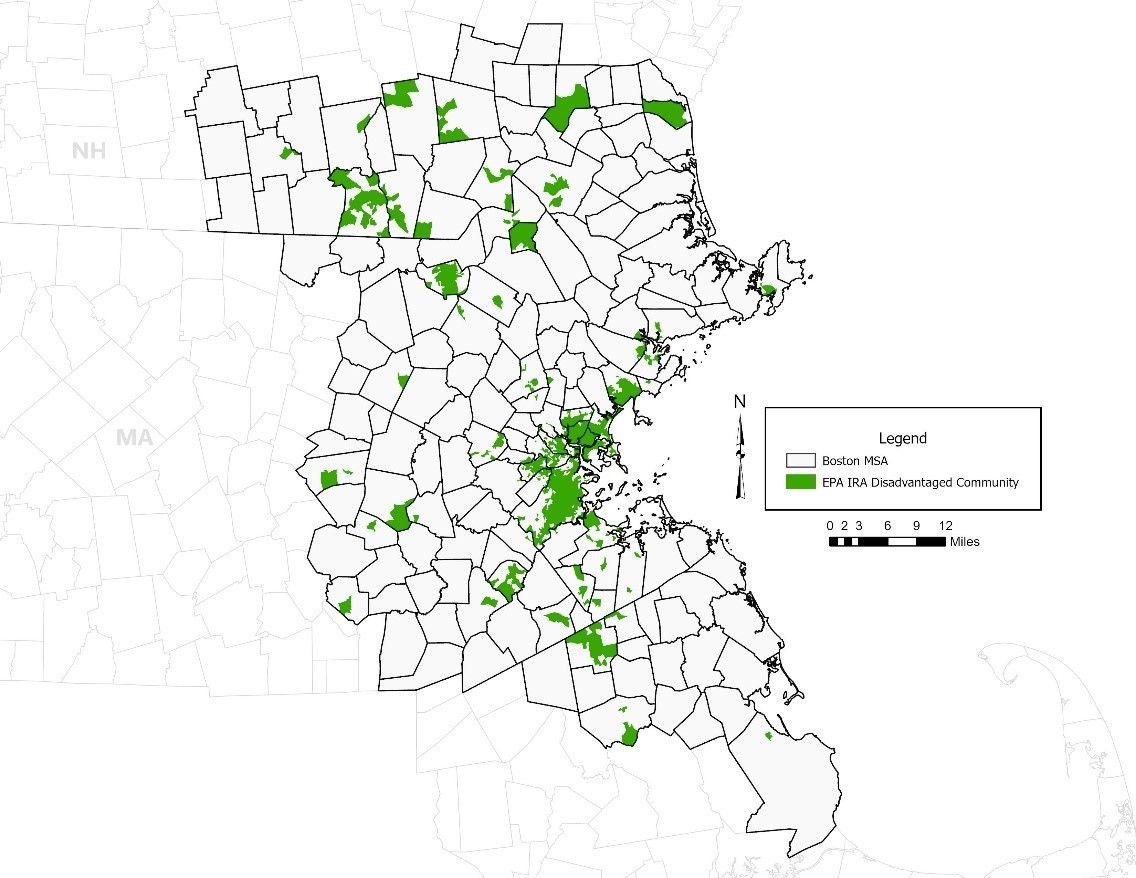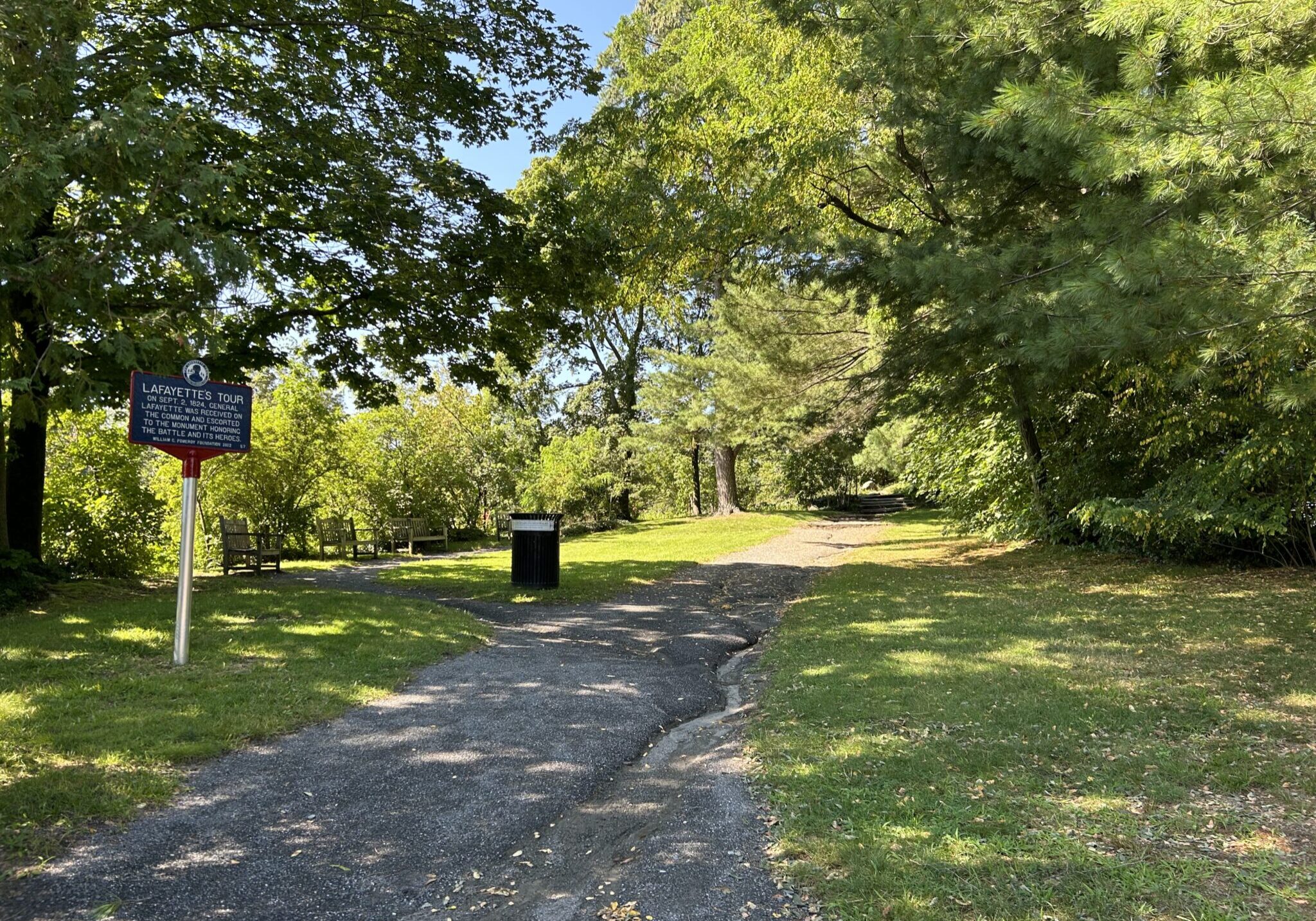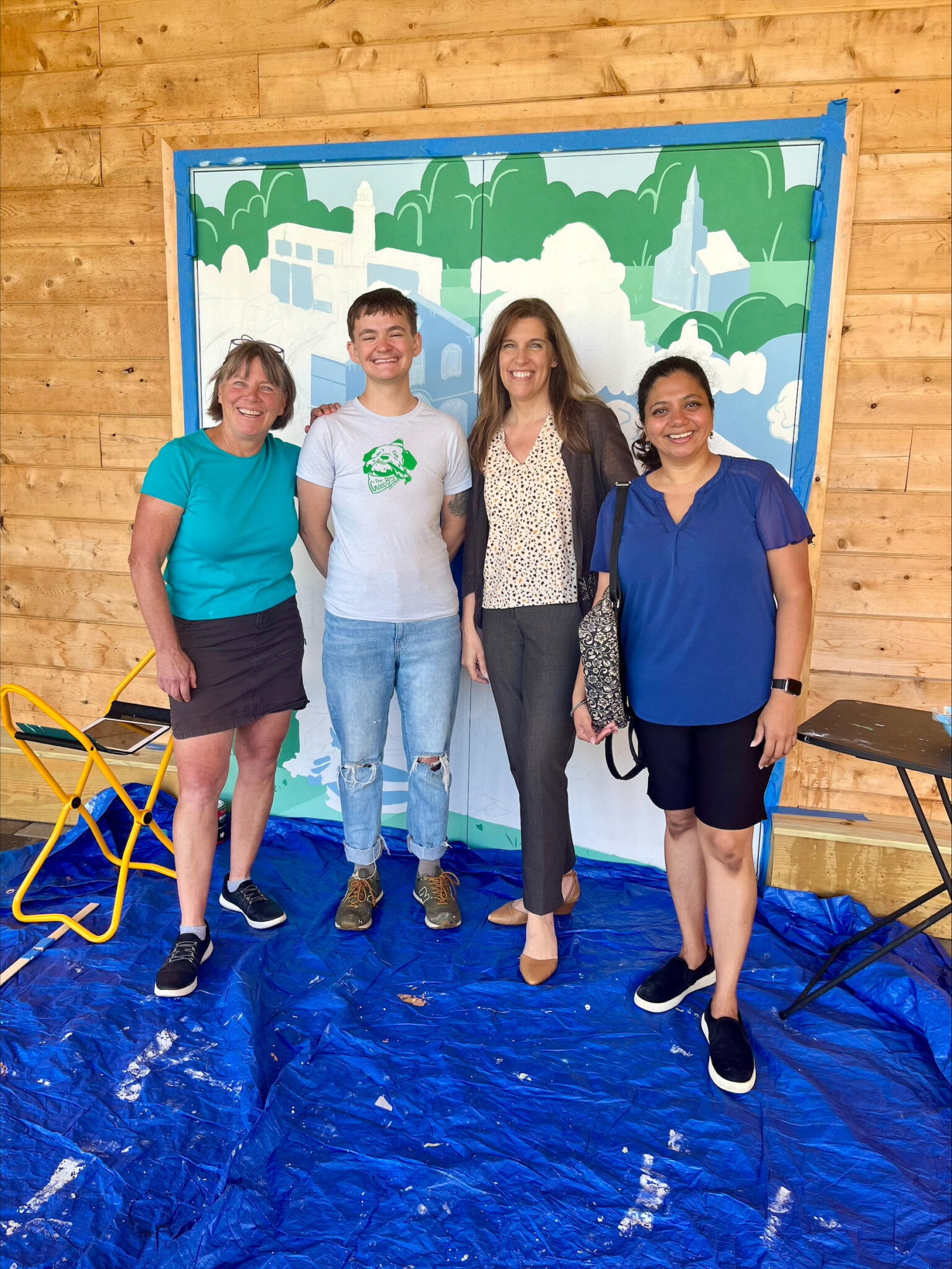Everett Housing Production Plan (Haitian Creole)
Everett Housing Production Plan (Kreyòl Ayisyen)

CHANGE LANGUAGE:
Everett Housing Production Plan (HPP) se yon kominote ak pwosesis ki baze sou done pou planifye avni lojman nan Everett. Plan an pral bay enfòmasyon sou kalite kay ki nesesè nan Everett, kòman pou sipòte rezidan yo ak objektif lojman ak defi yo, ak règleman lokal yo pou Vil la konsidere. Yon konsantre espesyal nan plan sa a se anpeche deplasman nan asire bezwen rezidan Everett yo satisfè pou yo pa bezwen chèche yon lòt kote pou lojman. Vil la te anboche Konsèy Planifikasyon Zòn Metwopoliten (MAPC) pou bay asistans teknik pou konplete HPP. Ansanm, Vil la, MAPC, yon Komite Konsiltatif, ak patnè kominotè yo pral travay pou fikse vizyon ak direksyon politik lojman nan Everett pou senk ane kap vini yo.
Everett HPP a pral satisfè tout egzijans yon Plan Pwodiksyon Lojman. Atravè pwosesis sa a, nou pral travay pou elaji epi divèsifye estòk lojman Everett pandan y ap ogmante abòdabilite pou moun ki gen yon seri revni. Vil la pral sèvi ak plan sa a pou sansibilize bezwen lojman nan kominote a, konekte epi aprann nan men popilasyon istorikman majinalize yo, amannman dekoupaj an zòn avanse, epi aplike lòt estrateji pou satisfè bezwen ak demann lojman. Pandan estrateji yo ap aplike, nou prevwa ke opòtinite lojman nan Everett pral elaji, epi risk deplasman yo pral redui. Plan an pral gide vil la tou sou ki kote pou dirije resous pou akonpli objektif sa yo.
Ou gen kesyon? Ou vle patisipe? Kontakte Alex Koppelman, Senior Regional Housing and Land Use Planner nan MAPC ([email protected]), Matthew S. Lattanzi, Esq. nan [email protected], Direktè Planifikasyon ak Devlopman Everett, ak Cathy Draine, Direktè Divèsite, Ekite, ak Enklizyon Everett nan [email protected].
PATISIPE
Enskri pou Mizajou Plan an:
Antre non w ak adrès imel ou pou resevwa mizajou sou plan an ak evènman yo.
Evènman k ap vini yo:
Nou pral pataje enfòmasyon ak resous nan evènman kominote ki egziste deja yo ak fowòm nan tout vil la pou kolekte panse ak lide nan men rezidan Everett yo. Kèk nan evènman yo nou pral vizite byen lwen tèlman a:
- Event: Everett Youth Workers Network monthly meeting
When: December 13, 2023
EVÈNMAN PASE
- Focus Group at La Comunidad Inc
December 2, 2023 at La Comunidad - Everett Tree Lighting
December 1, 2023, Everett Square - Everett Community Growers – Engagement Team Meeting
Oct 10, 2023, virtual meeting - Eliot Family Resource Center’s Community Baby Shower
Oct 3, 2023 at Eliot Family Resource Center
KOMITE KONSILTATIF
Pwosesis planifikasyon an ap dirije pa yon komite reprezantan vil ak kominote a. Plis manm komite yo ka rantre pita, men manm aktyèl yo nan lis anba a:
- Eleanor Gayhart, Program Manager, Eliot Family Resource Center
- Jay Monty, Director of Transportation and Mobility, City of Everett
- Alexander Naumann, Principal, Keverian School
- Jim Tarr, Planning Board Member, City of Everett
- Laura Rosi, Chief Executive Officer, Housing Families
- Dipendra Subedi, Board Member, Greater Boston Nepali Community (GBNC)
KALANDRIYE
Pwosesis planifikasyon an te kòmanse nan sezon ete 2023 epi li espere dire yon lane.
Ete 2023
Pwojè a kòmanse
Otòn 2023
Evalyasyon Konplè Bezwen Lojman ak Fikse Objektif
Ivè 2023
Kontrent Devlopman ak Analiz Opòtinite, ak Evalyasyon Risk Deplasman
Prentan 2024
Devlopman Estrateji ak Pwodiksyon Delivrab
Ete 2024
Plan an ap finalize epi soumèt bay Biwo Egzekitif Massachusetts pou Lojman ak Kominote Abitab (EOHLC)
























